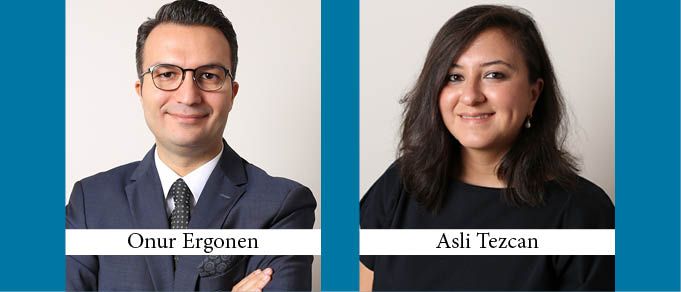Turkey’s Law Regarding Procedures for Initiating Legal Proceedings for Monetary Claims Deriving from Subscription Agreements numbered 7155 (“Law No. 7155”), which was published in the Official Gazette on December 19, 2018, has certainly opened a new period in Turkish Mediation Law. Law No. 7155 has introduced mandatory mediation for commercial disputes into the Turkish Commercial Code and set the procedural rules for mandatory mediation under the Civil Mediation Law.
Mediation as a Cause of Action
The articles of Law No. 7155 related to mediation entered into force on January 1, 2019, and made mediation, as “a cause of action,” mandatory for commercial disputes based on monetary claims or compensation claims, regardless of the value of the dispute in question. For such claims, the claimant now has to exhaust mediation proceedings before applying to the court. Failure to do so will result the court dismissing the lawsuit due to a lack of cause of action on procedural grounds without any review of the merits.
Applicability of Mandatory Mediation
Mediation proceedings are not mandatory for those commercial disputes already pending before the courts on January 1, 2019. There is no question that this is a very reasonable transitional provision; on the other hand, it does not sufficiently account for counterclaims that are made after January 1, 2019 to claims already pending before the courts on that day. The requirement to pursue mediation should theoretically apply to such counterclaims, even though the main claim itself falls out of the scope of the provision. However, courts are likely to exempt such counterclaims from the provision as well on the grounds of economy of procedure.
Furthermore, as mandatory mediation was introduced to the legal system to ease the burden of the courts, the requirement to pursue them does not apply to commercial disputes for which it is mandatory under a special law to pursue arbitration or another alternative dispute resolution method, or where there is an arbitration agreement executed by the parties. Needless to say, these all mainly serve the same purpose.
Mandatory Mediation Proceedings
A mediator can be selected from registered mediators either by the relevant mediation bureau or the parties upon their mutual agreement. Mediation processes for commercial disputes must be finalized within six weeks of the date when the mediator is appointed, and they can only be extended by the mediator for an additional two weeks. During the mediation process, statutes of limitation periods do not lapse until the date the final minutes are issued by the mediator.
Results of Mediation Proceedings
Any settlement reached by parties at the end of mediation proceedings are considered final judgments, meaning that no lawsuit can be initiated on the matters upon which the parties have agreed. On the other hand, if the parties were not able to reach a settlement, they can now bring the commercial dispute to the court. In such cases, the certified mediation minutes regarding the disagreement of the parties are required to be submitted to the court by the party initiating the lawsuit. A failure to do so may lead the court to grant a definite period of one week for its submission.
Comments
Mandatory mediation, which was first introduced for employment disputes in Turkey, played a relatively major role in easing the burden of the courts and expediting the legal process. However, it can easily be argued that mandatory mediation cannot do the same for all commercial disputes as it does for employment disputes. Indeed, it is not realistic to expect to enjoy the same outcomes and benefits, considering the complex nature of commercial disputes, which mostly require an analytical approach. For less sophisticated commercial disputes, on the other hand, the requirement that mediation be attempted can significantly simplify the process for the parties as an effective alternative method of dispute resolution.
By Onur Ergonen, Partner, and Asli Tezcan, Counsel, Acer & Ergonen Law Firm.
This Article was originally published in Issue 6.2 of the CEE Legal Matters Magazine. If you would like to receive a hard copy of the magazine, you can subscribe here.
